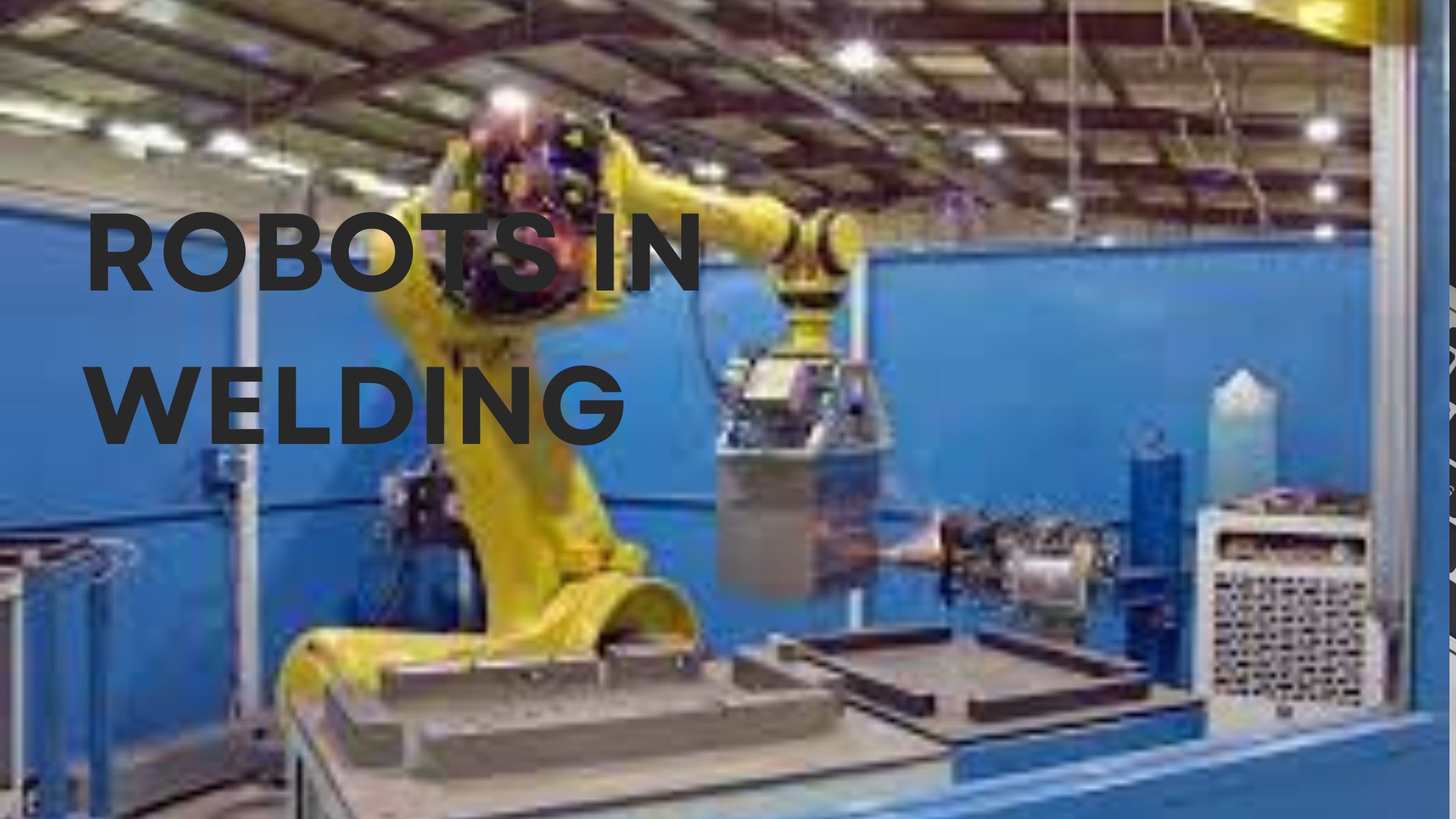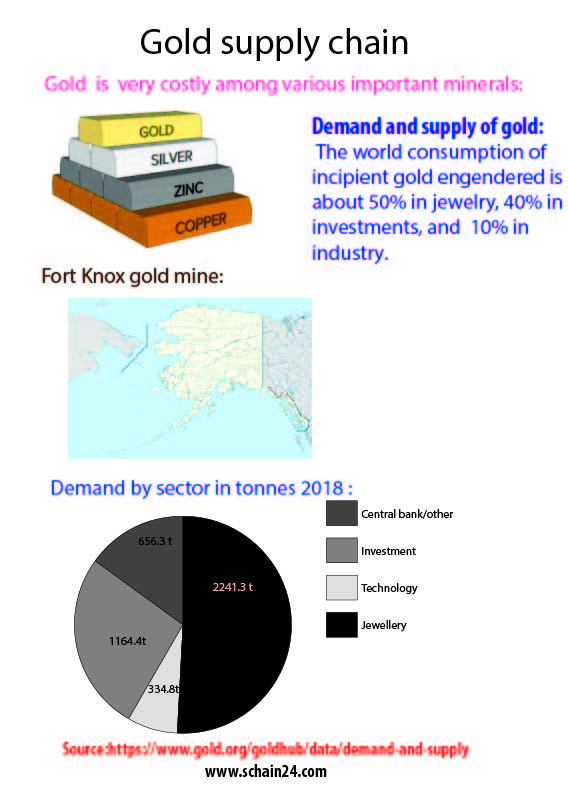Abstract
RobotMeta is a flexible industrial robot company that specializes in welding applications. Their robots are user-friendly, allowing small and medium-sized enterprises (SMEs) to integrate robotic solutions into their operations. They offer ready-to-weld packages including synergic or pulse (MIG/MAG) systems, which are easy to set up and use. RobotMeta’s robotic welding system reduces the time required for welding operations, enabling faster production cycles and reduced lead times. The robots are programmable and reconfigurable, allowing manufacturers to switch between different welding tasks and product lines with minimal downtime. RobotMeta’s systems contribute significantly to cost reduction in supply chain management. The robots deliver consistent, high-quality castings, reducing the risk of errors and rework. The integration of robotics into manufacturing processes could create new opportunities for workers, reassigning them to more complex and strategic roles. As companies transition to more automated processes, training and upskilling programs become essential and these are considered impacts of Robot Meta on supply chain Management.
Keywords: Impacts of RobotMeta on supply chain management.
Introduction
In today’s rapidly evolving industrial landscape, automation and robotics are key drivers of efficiency and productivity. RobotMeta, a company specializing in advanced robotic welding solutions, has emerged as a significant player in this domain. By providing sophisticated, user-friendly robotic systems, RobotMeta not only enhances production processes but also profoundly impacts supply chain management. This essay explores how robotmeta affects supply chain dynamics, focusing on areas such as efficiency, flexibility, cost reduction, quality control, and workforce dynamics. Impacts of RobotMeta on supply chain management discussed in this way same as a case study.
What is RobotMeta?
RobotMeta is a company that makes flexible industrial robots. And that’s especially for welding applications. Their robots are designed to be user-friendly, aiming to enable small and medium-sized enterprises (SME) to easily integrate robotic solutions into their operations. RobotMeta was founded in 2017 by Mr. Wang and his team of R&D engineers, who has 15+ years’ experience in motion-control product development. Mr. Wang himself was also a student of Professor Li Zhexiang, who founded Gooogletech and co-founded DJI. In 2020, Mr. Wu joined with 20+ years’ experience and resources of welding equipment and products.
What does RobotMeta offer?
RobotMeta offers a range of ready-to-weld packages including synergic or pulse (MIG/MAG) systems. These robots are designed to be easy to set up and use, with some models boasting the ability to learn in half an hour. This ease of use is compared to a game-like operation, which makes the welding process more suitable for users without extensive technical training. These are impacts of RobotMeta on supply chain management.
Enhancing skills
One of the primary ways RobotMeta impacts supply chain management is by increasing operational efficiency. Traditional casting processes are labor-intensive and time-consuming, which often cause bottlenecks in the production line. RobotMeta’s robotic welding system, designed for ease of use and quick setup, significantly reduces the time required for welding operations. This increased efficiency enables faster production cycles and reduced lead times, enabling manufacturers to respond more quickly to market demand. RobotMeta’s robots ensure a continuous and high-speed production process that can work continuously without fatigue. This continuous operation capability eliminates downtime associated with human labor, such as breaks and shift changes, further simplifying the supply chain. And these things are impacts of RobotMeta on supply chain management.
Increased flexibility
In today’s market, flexibility is an important feature for manufacturers. The ability to quickly adapt to changing demand and customize products is a competitive advantage. RobotMeta’s welding robots are designed to be easily programmable and reconfigurable, allowing manufacturers to switch between different welding tasks and product lines with minimal downtime. This flexibility enables manufacturers to produce a wide variety of products without the need for significant additional equipment. As a result, companies can offer customized solutions for their clients and quickly seize new market opportunities, increasing their efficiency and competitiveness i.e. impacts of Robot Meta on supply chain management.
Reduction of costs
Supply chain success should be measured by total supply chain profitability, not profits at an individual stage. The source of supply chain revenue is the customer. Sources of supply chain cost are flows of information, products, or funds between stages of the supply chain. Supply chain management is the management of flows between and among supply chain stages to maximize total supply chain profitability. Cost reduction is an important aspect of supply chain management, and Robotmeta contributes significantly in this area. The initial investment in robotic systems can be substantial, and the long-term savings substantial. Automated welding reduces reliance on skilled labor, which can be expensive and in short supply. By reducing labor costs and reducing waste through precise and consistent welding, companies can achieve significant cost savings. Furthermore, the stability and reliability of RobotMeta’s systems means fewer interruptions and lower maintenance costs. These savings can be reinvested in other areas of the supply chain, such as research and development, further innovation and efficiency. Therefore, we can say that reduction of cost is one of the impacts of RobotMeta on supply chain management.
Enhance quality control
Quality control is paramount in manufacturing, especially in industries where precision and reliability are important. RobotMeta’s robots deliver consistent, high-quality castings, reducing the risk of errors and rework. Automated welding ensures that each weld is executed with the same precision, adheres to strict standards and minimizes human error. This consistency increases product reliability and reduces the likelihood of recalls and warranty claims, which can be costly and damaging to a company’s reputation. By ensuring high-quality output, RobotMeta’s systems help manufacturers maintain customer satisfaction and loyalty.
Impact on workforce mobility
The integration of robotics into manufacturing processes inevitably affects workforce dynamics. While there are concerns about job displacement, RobotMeta systems could create new opportunities for workers. As robots take over repetitive and dangerous tasks, human workers can be reassigned to more complex and strategic roles that require critical thinking and problem-solving skills. As companies transition to more automated processes, training and upskilling programs become essential. Workers can be trained to operate, program and maintain robotic systems, equipping them with valuable skills for the future job market. This shift not only improves job satisfaction but also helps build a more resilient and adaptable workforce.
Sustainability and environmental impact
Sustainability is an increasingly important consideration in supply chain management. Sustainability in business generally addresses two main categories. They are the effect business has on the environment secondly, the effect business has on society. RobotMeta’s efficient welding robots contribute to sustainability efforts by reducing energy consumption and material waste. Automated casting processes are optimized for precision, ensuring that only the required amount of material is used, which minimizes scrap and rework. Additionally, the energy efficiency of robotic systems means lower energy consumption than traditional welding methods. These environmental benefits align with the growing emphasis on sustainable manufacturing practices and help companies meet regulatory requirements and corporate social responsibility goals.
Case studies and real-world applications
To illustrate RobotMeta’s impact on supply chain management, consider the case of a medium-sized manufacturing company that has implemented RobotMeta’s welding robots. The company saw a 30% increase in production efficiency and a 25% reduction in labor costs within the first year of implementation. The ability to quickly switch between different product lines allows the company to enter new markets and offer customized solutions, increasing their competitive edge. Another example is a large automotive manufacturer that has integrated Robotmeter robots into their assembly lines. Consistent quality and precision of welds reduced defects by 40%, resulting in significant savings on warranty claims and improved customer satisfaction. The manufacturer also noted a positive change in workforce dynamics, with employees taking on more technical roles and contributing to innovation and process improvement initiatives.
Conclusion
RobotMeta’s advanced welding solutions are transforming supply chain management by increasing efficiency, increasing flexibility, reducing costs and improving quality control. The integration of robotics into manufacturing processes not only optimizes operations but also creates new opportunities for workforce development and sustainability. As companies continue to embrace automation, the impact of robotics on supply chain management will likely increase, driving further advancements and innovation in the industry. By leveraging the benefits of RobotMeta’s robotic systems, manufacturers can build more resilient, efficient and adaptive supply chains, positioning themselves for long-term success in a competitive global market.
Further Reading
1. https://www.robot-meta.com/
2. Hancock,P.A., Kessler, Theresa T. , Brill, John C. Szalma. James L. (2011). “Evolving Trust in Robots: Specification Through Sequential and Comparative Meta-Analyses”. Volume 63, Issue 7. https://doi.org/10.1177/0018720820922080
3. https://youtu.be/6GGH6INaRe4?si=ynvHgjTrypc9pnAN
4. https://rumble.com/v3oqo2b-how-can-supply-chain-management-help-your-business-succeed.html
5. https://youtu.be/A2aWobAez2o?si=azoduMN_Ql_w0SYG
6.https://rumble.com/v59j8kl-maximizing-efficiency-robotmeta-in-supply-chain.html





